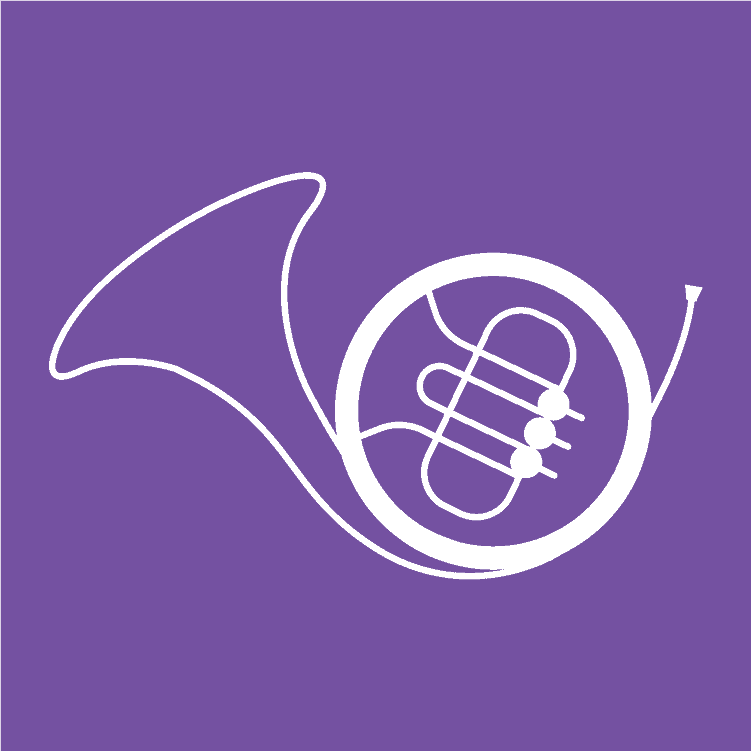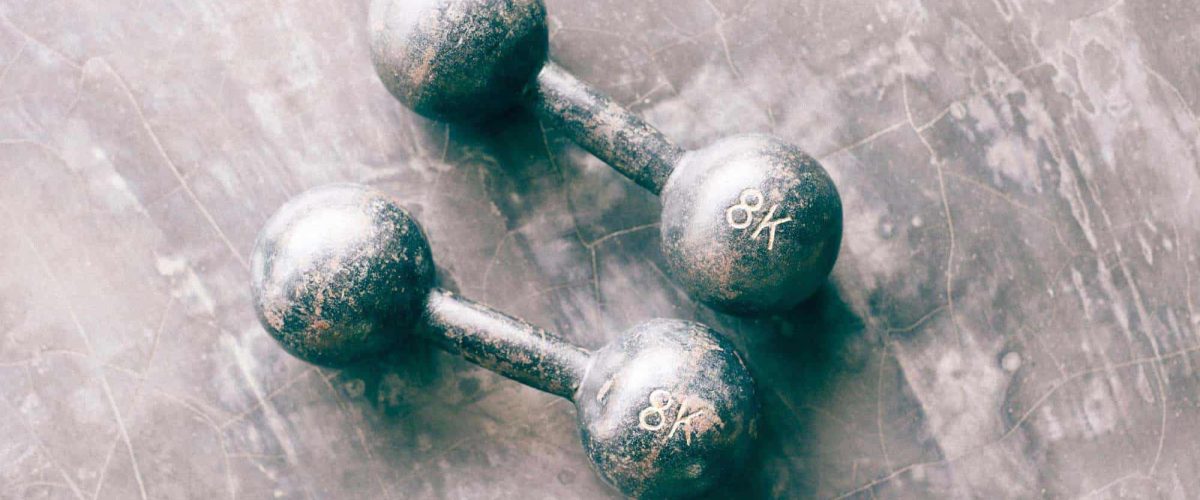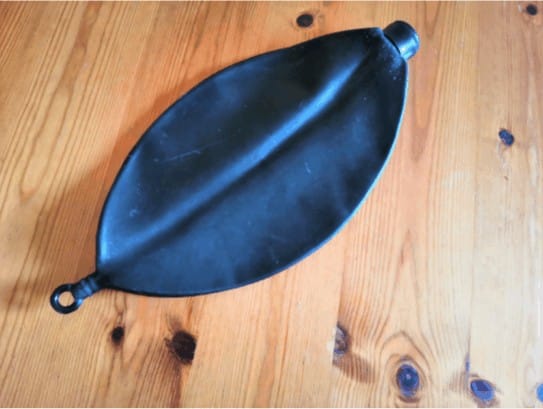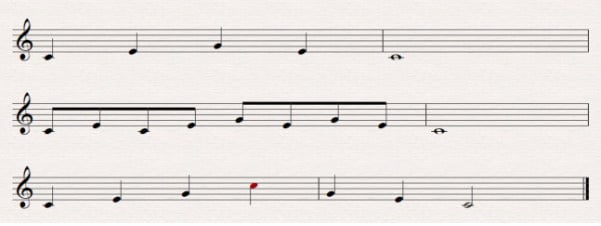Improve Your French Horn Technique
The ideal way to transform your French Horn technique
Eager to play the French Horn like a pro? Mastering technique acts as the foundation for every musician, ensuring you play efficiently while preventing injury. Without it, advancing is like trying to build a sandcastle with a spoon. This guide unlocks the secrets to boosting your French Horn skills, transforming beginner basics into powerful notes. Dive in and discover tips that make practising feel delightful. Don’t just toot your own horn, learn how to make it sing beautifully. Unveil the simple yet essential advice that kick-starts your journey to improvement. Ready to explore how to enhance your musical flair?

Daily Exercises
Many exercises are essential to gain a proper technique. Once you master these exercises, you’ll be able to play almost anything. That sounds like a grand statement – but don’t underestimate the word ‘master’!
If you work enough, you’ll be able to look at a section of music and be confident enough to learn it quickly. For each exercise, there is a specific way to practice it. Your practice is only as good as your form while you practice. So be disciplined about it, as practising exercises wrong is a complete waste of time! We have three key exercise categories that will help you…

1. The Basics
Once you’ve got the basics, you’ll notice that there are certain parts of your playing that are more challenging and that you want to improve. Here are some ideas and pointers. But rule number one is to make it fun!
The more fun you find playing the more likely you are to do it. So technical practice can be turned into a game.
Get family members to test you on random notes. Get a fancy metronome or tuner app with lots of features to help you keep track of what you’re doing and keep you engaged. Make yourself a progress wall chart, even, if that’s your kind of thing!
The other thing is to take baby steps that challenge you. Too easy and you’ll get bored, too hard and you’ll get motivated and feel like giving up.
The best thing to do is to keep learning short pieces that challenge you a bit each time. If in the beginning, every piece you learn adds a small challenge, you can get to grips with a lot of things very quickly. When you’re a beginner every new step feels like a huge achievement – so remember this to propel you through.
And don’t try and do too much at once – it’s better to focus on one challenge at a time and master it. A good teacher will give you a good progression of pieces that challenge you little by little, although you can always ask them for particular things if there are things you want to consolidate or to learn.
Without further ado, here are some different areas of technique and ideas to tackle them.
2. Breathing
Why not practise breathing without the horn before you start practice every day? It can make your practice much easier and better and only takes a couple of minutes. Recap some of the breathing ideas in “How to play the horn” and then try some exercises.
One good exercise is to practise breathing in for 2, out for 2 (set a metronome to crotchet 60 so you’re always doing it at the same speed), then once that’s comfortable in for 2, out for 4, then in for 2 out for 8.

Or if it takes you a long time to take a breath and you want to work on making it quicker, try in for 8, out for 8, in for 4, out for 8, in for 2, out for 8, in for 1 out for 8.

Only move between stages when you’re comfortable – the object is to get the breaths good, not to get through the exercise at record speed!
One fun gadget is a breathing bag – a 5 litre one is probably great unless you’re a very tall male – which you can practise blowing up like a balloon, then breathe the air in from it to feel what taking a full breath is like.

3. Slowly building the embouchure
As weightlifters gain more muscle, they can lift heavier things, and as the embouchure gets stronger you can play for longer. Generally, it’s best to let this happen organically over time rather than try the equivalent of getting ripped quick – the lip muscles are delicate so you can really screw them up by overdoing things.
Regular practice is so key to this – the 10 minutes a day we talked about earlier. The other important thing with the embouchure is that it is supported by the breath! If you are doing everything with the embouchure and almost no breath, it will hurt and you won’t be able to play very well. If you supply the lips with lots of breath, they will vibrate better and everything will be less tiring. So the breathing practice really belongs in this section too.
4. Playing long tones
Take notes you know and play them for a certain amount of time (say, 12 seconds), keeping them steady. You can also start quiet, crescendo to forte and then diminuendo back down – remembering to keep them steady still.
A tuner can make these more fun (try getting the note right in the middle!), and/or a metronome or stopwatch. Don’t spend too long doing these though – you can injure your lip muscles if you spend too much time outside your comfort zone! Five minutes at a time is fine.
5. Practise flexibility exercises
You can also practise exercises that involve going between notes in a slur (called flexibilities), particularly notes on the same fingering. An example might be:
CEGEC
CECEGEGEC
CEGCGEC

This builds flexibility (and therefore strength) and also helps your brain find where each note lies and helps it to switch between higher and lower notes more easily. On the horn, the valves aren’t “magic note buttons” (much to our collective disappointment). The lips do most of the work finding the notes. So these kinds of exercises, while maybe hard at first, can really move your playing along.
6. A note on scales
Instruments like piano often involve scales early on, but horn players tend to learn them later. They are important when you’re reading more complicated music (especially sight-reading, where recognising patterns like scales becomes helpful) but part of the purpose that scales serve on the piano is for the fingers and exercising them so you can hit the heavy keys incredibly fast. This is rarely a problem horn players have! Also, building range (being able to go from low to high) is harder on the horn than the piano so it takes longer before you can do scales anyway.
However, on the subject of notes, in the beginning, you just need to be able to remember the notes fast enough (ie instantly) to change between them. So games like getting a family member to test you on quick-fire notes or note fingerings is a great game to get this going.
Improve Your French Horn Technique - Summary
The difficulty of learning an instrument all depends on the determination to learn of the student. This comes with a lot of hard work and of course, practice. In learning an instrument, there are no shortcuts. Learning the French Horn would require you a lot of patience and yes, physical strength too. But it will all be worth it once you master it.
About the Author
Anna Drysdale
I’m Anna and I play the horn. My work takes me anywhere from playing Bach in Germany to the music of Prince at the Royal Albert Hall, working with orchestras like Scottish Chamber Orchestra, London Contemporary Orchestra and the BBC Philharmonic. I attended the Royal College of Music and Royal Academy of Music in London, as well as studying historical horn in Amsterdam; I’ve always had strong ties to Europe (as a massive foodie as well as a musician…) and can’t wait to get back to travelling for music again!
Other posts by this author
What’s Within The 4 Feature Friday Mail?
As regular as I brush my teeth, I send out an email to you with the four most brilliant things that you absolutely have to know about.
As long as it includes something connected with music, it can finish up in the e-mail. Consider it a musical pandora’s box!
But you’ll only get a copy of the email if you gain entry directly below.
Read the next post in this series:




